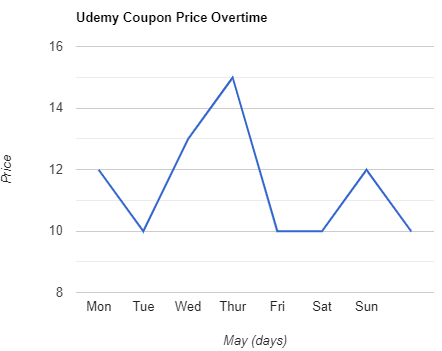Cloud Computing Concepts, Part 1
The Cloud Computing Specialization takes you on a tour through cloud computing systems. We start in in the middle layer with Cloud Computing Concepts covering core distributed systems concepts used inside clouds, move to the upper layer of Cloud Applications and finally to the lower layer of Cloud Networking. We conclude with a project that allows you to apply the skills you've learned throughout the courses.The first four courses in this Specialization form the lecture component of courses in our online Master of Computer Science Degree in Data Science. You can apply to the degree program eit
Created by: Indranil Gupta
 Quality Score
Quality Score
Overall Score : 84 / 100
 Live Chat with CourseDuck's Co-Founder for Help
Live Chat with CourseDuck's Co-Founder for Help
 Course Description
Course Description
 Instructor Details
Instructor Details

- 4.2 Rating
 116 Reviews
116 Reviews
Indranil Gupta
Indranil Gupta (Indy) works on large-scale distributed systems such as datacenters and cloud computing systems. He leads the Distributed Protocols Research Group. He received his PhD from Cornell University in 2004, and his bachelors degree from Indian Institute of Technology Madras (Chennai) in 1998. Recently he spent a year working at Google, and in the past has interned at Microsoft Research and IBM Research. Indy has served as program co-chair for leading conferences in distributed systems, including: IEEE Peer to Peer Computing 2014, ACM/IFIP/Usenix Middlware 2010, IEEE Conference on Self-Adaptive and Self-Organizing Systems 2010, and track chair at the International Conference on Distributed Computing Systems 2008. Indy received the NSF CAREER award in 2005.





